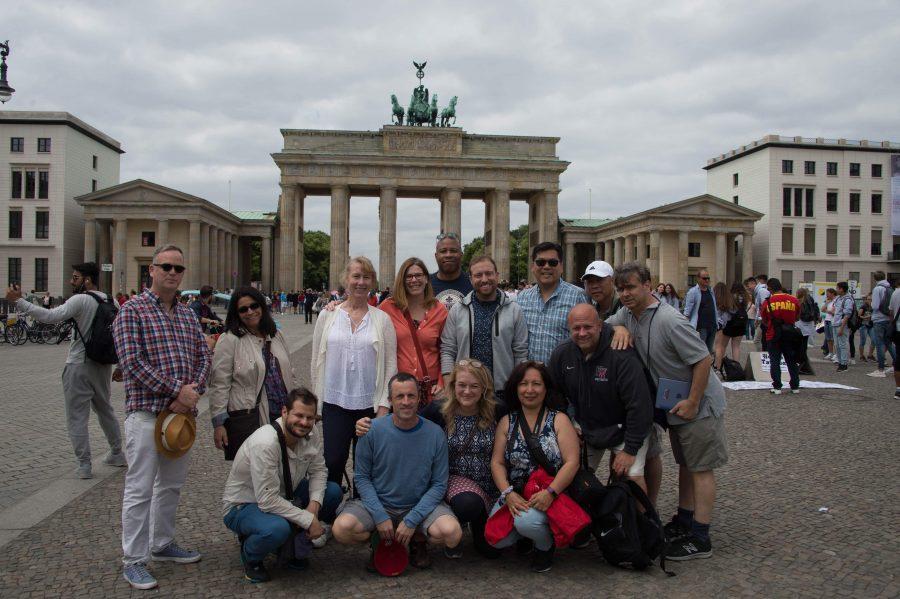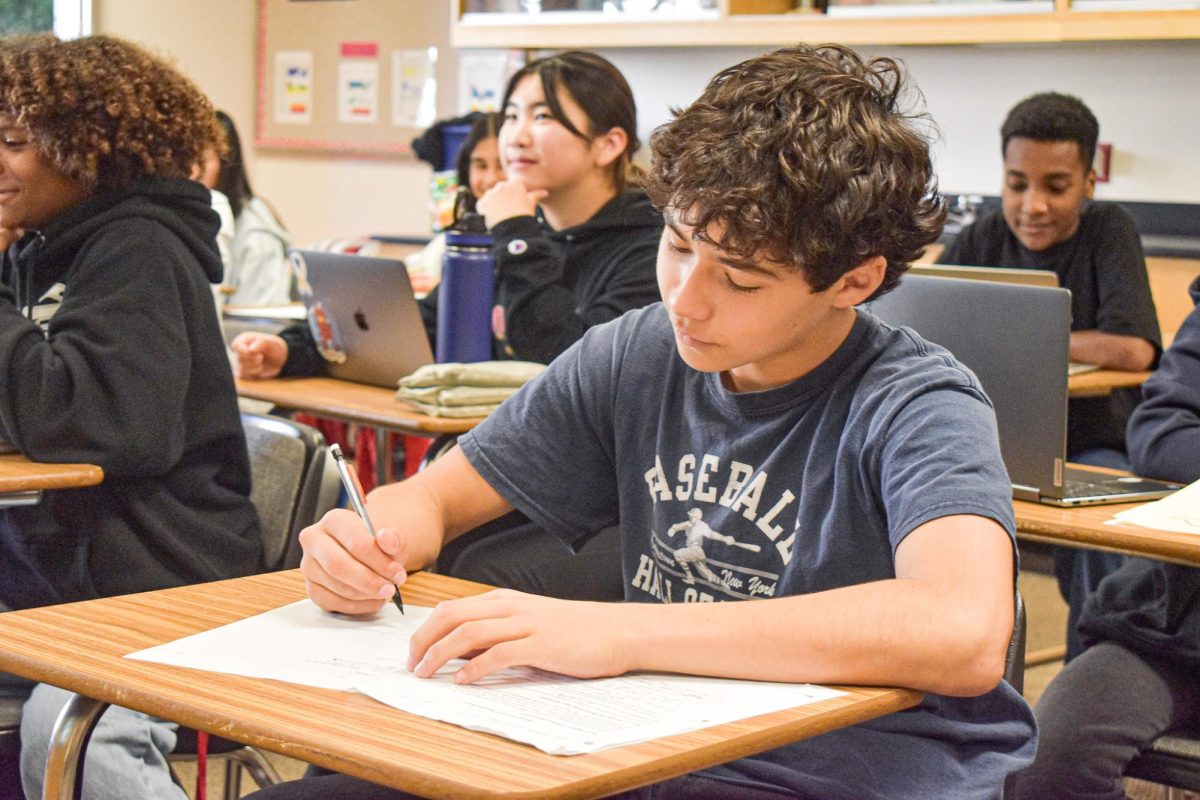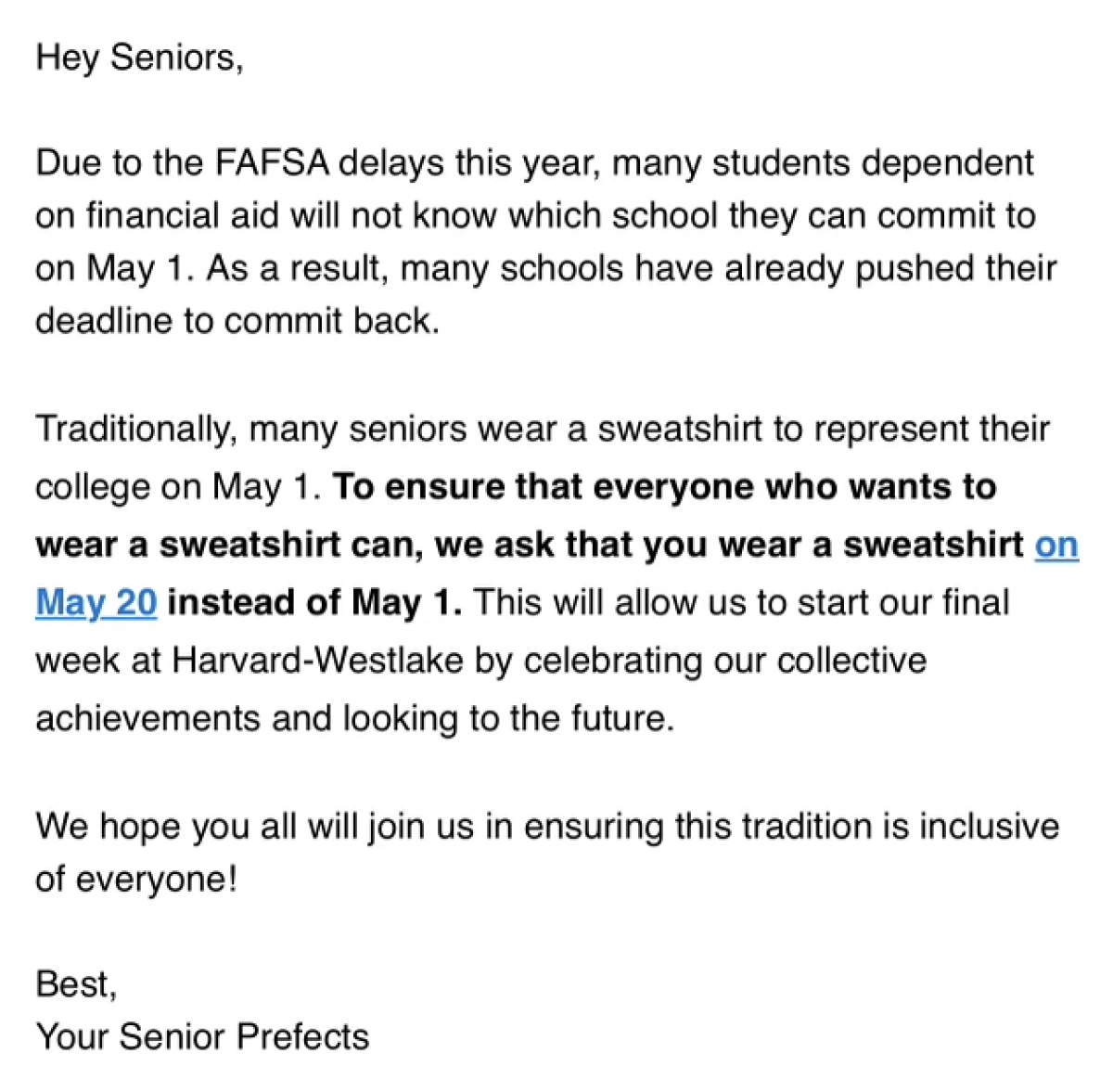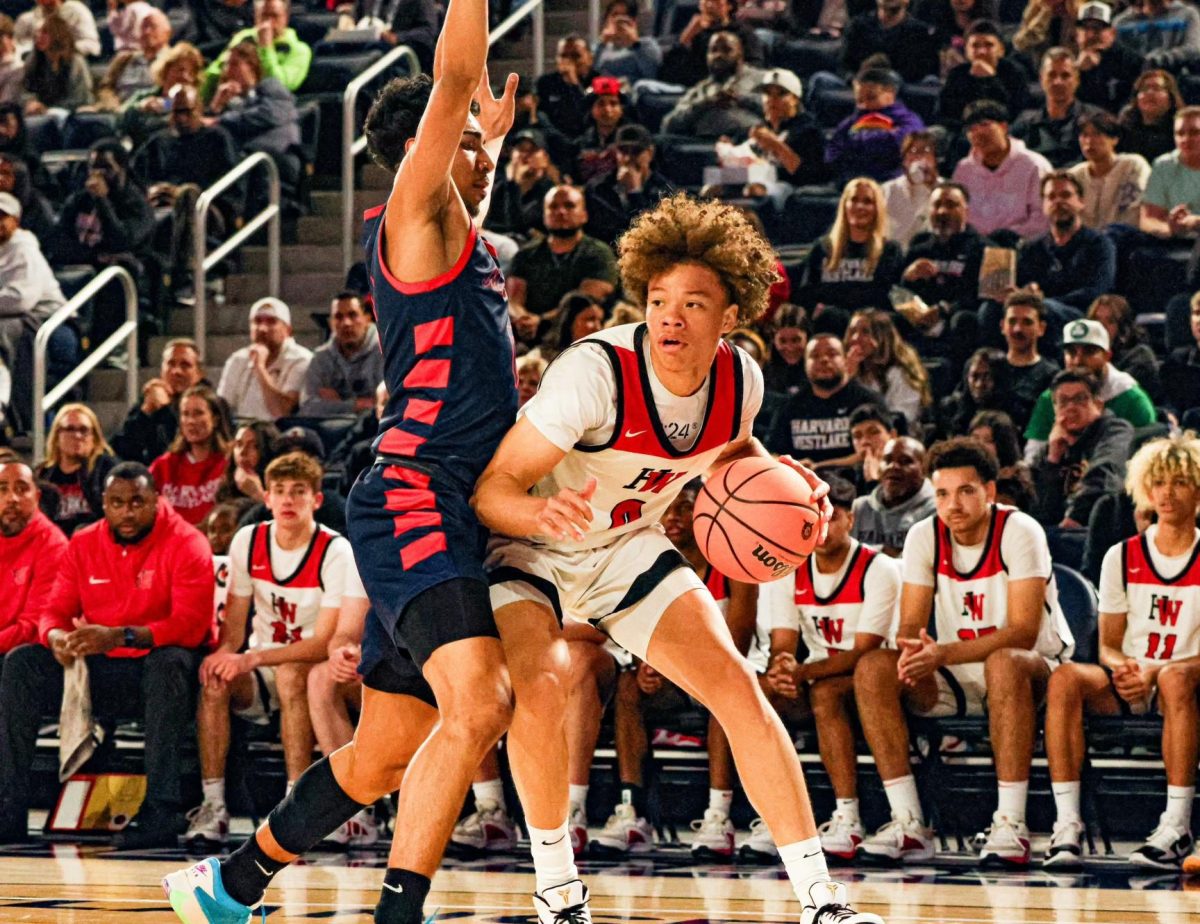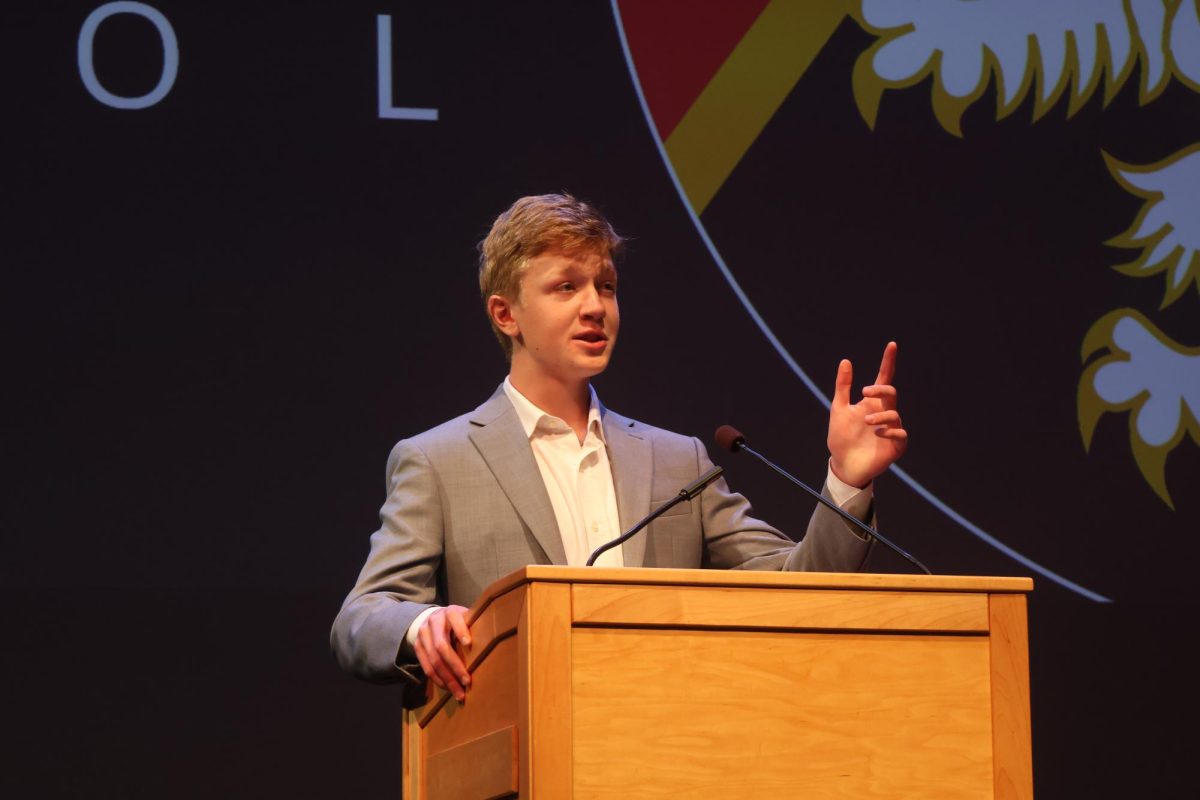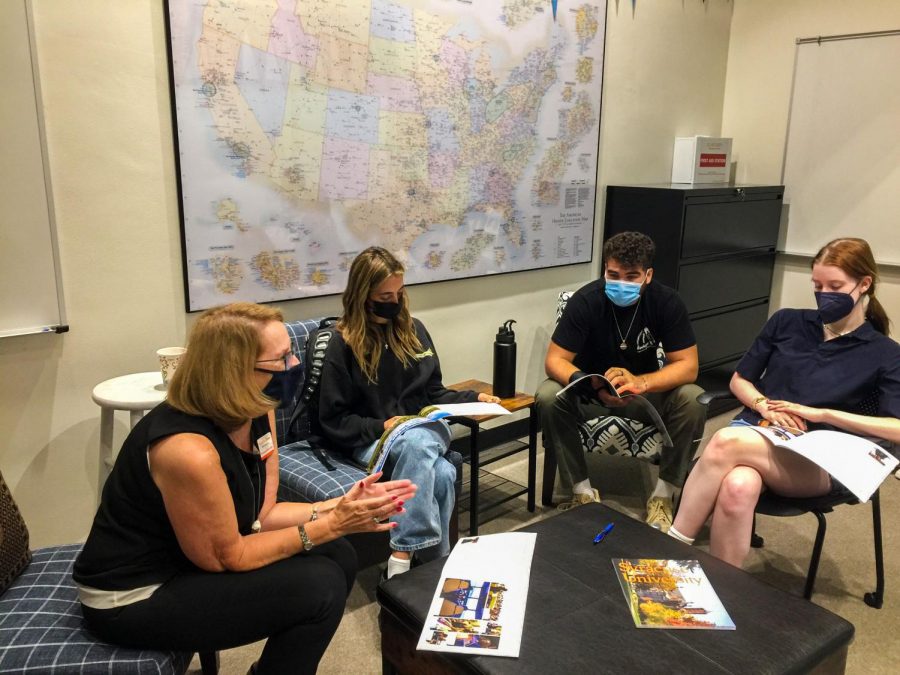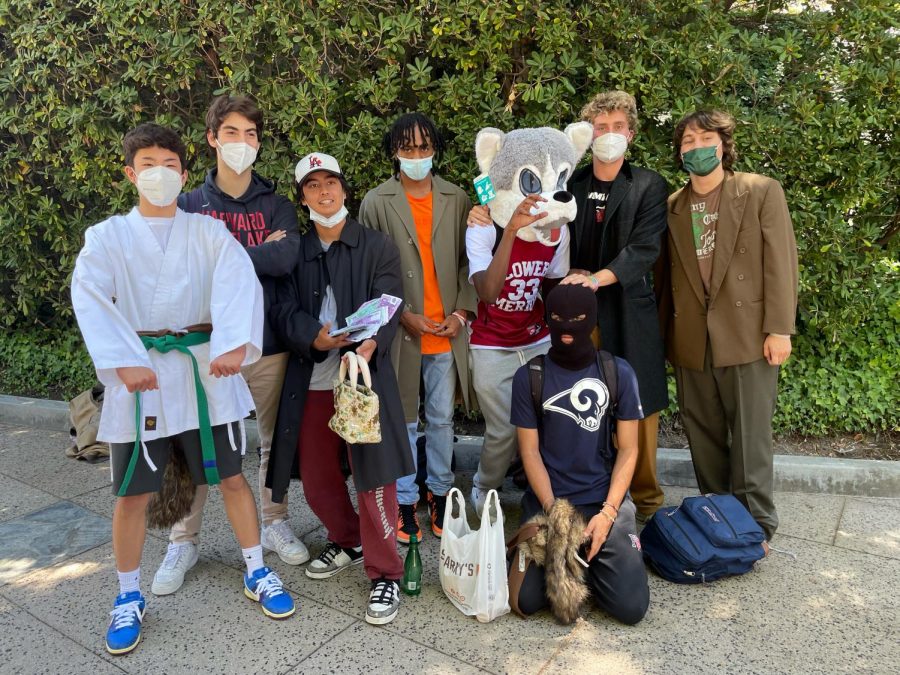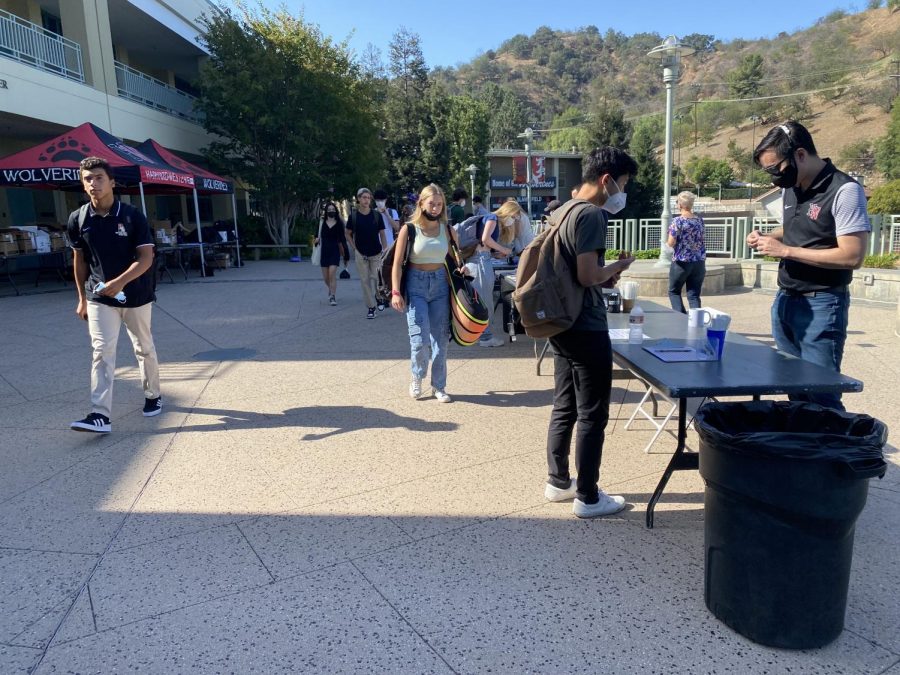As part of the Summer Faculty Fellowship Program, 15 staff and faculty members from both the middle and upper school campuses traveled to Europe.The trip took place from June 10 to 25, beginning with a four-day visit to Berlin, Germany, where the faculty studied the rise of the Nazi regime.
The faculty also visited Krakow, Amsterdam, Normandy and London and saw many historical sites and landmarks along the way.
In each city they stopped at, faculty visited different sites significant in both the Holocaust and World War II, such as Auschwitz. Auschwitz is one of the Holocaust’s largest concentration camps in Poland.
Upper School Dean Beth Slattery said that Auschwitz and Birkenau were the most influential sites of the trip.
“We were at Auschwitz when reports of families being separated were surfacing,” Slattery said. “Obviously, those two things were different, but it is interesting to think about family separations and dehumanizing people as major themes. It was a very transformational experience for me.”
After visiting Auschwitz, the faculty traveled to Amsterdam, where they visited the Anne Frank House and studied the Dutch Resistance.
From Amsterdam, the faculty drove to Normandy to see Utah Beach, where the Allied forces landed on D-Day.
Lastly, the faculty took the tunnel passage from Normandy to England. In Oxford and London, they studied the impact of Winston Churchill’s leadership during the World War II period.
“Our two weeks together as faculty and staff from across campuses and departments allowed us to bond in friendship and to share in our growth of understanding better the causes and effects of World War II in Europe,” Interdisciplinary Studies Department Head and history teacher Larry Klein said.































